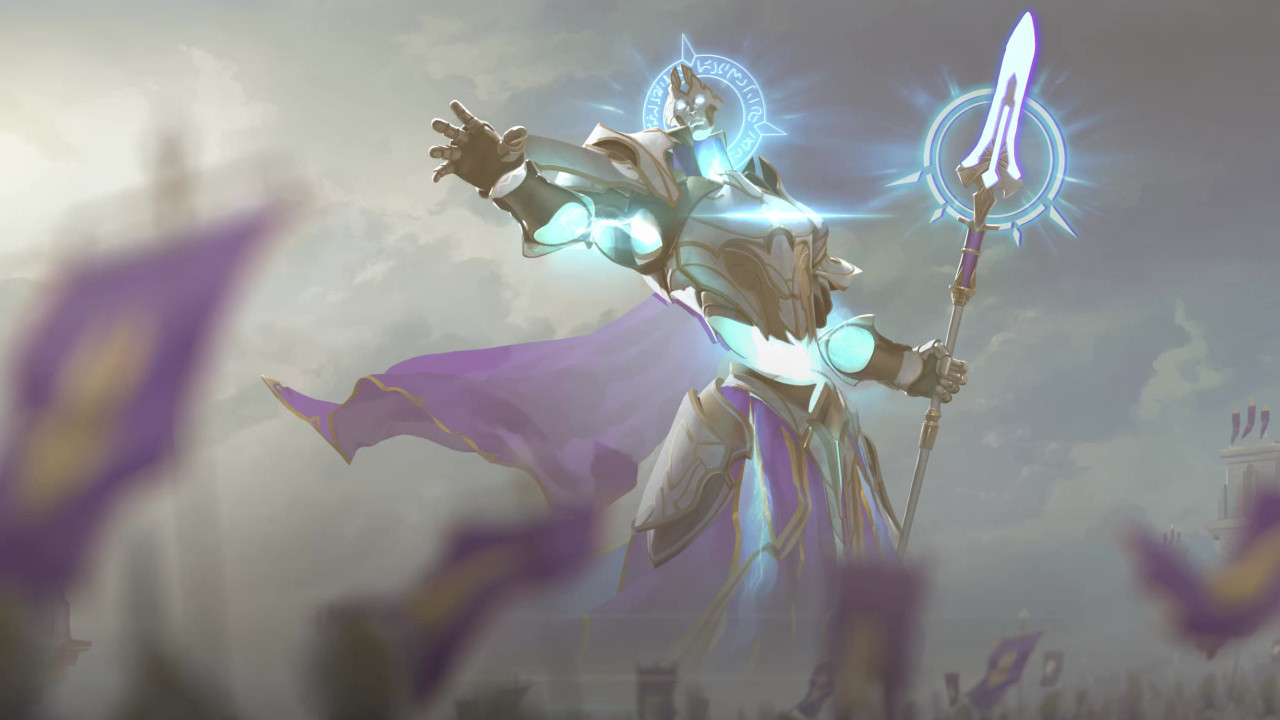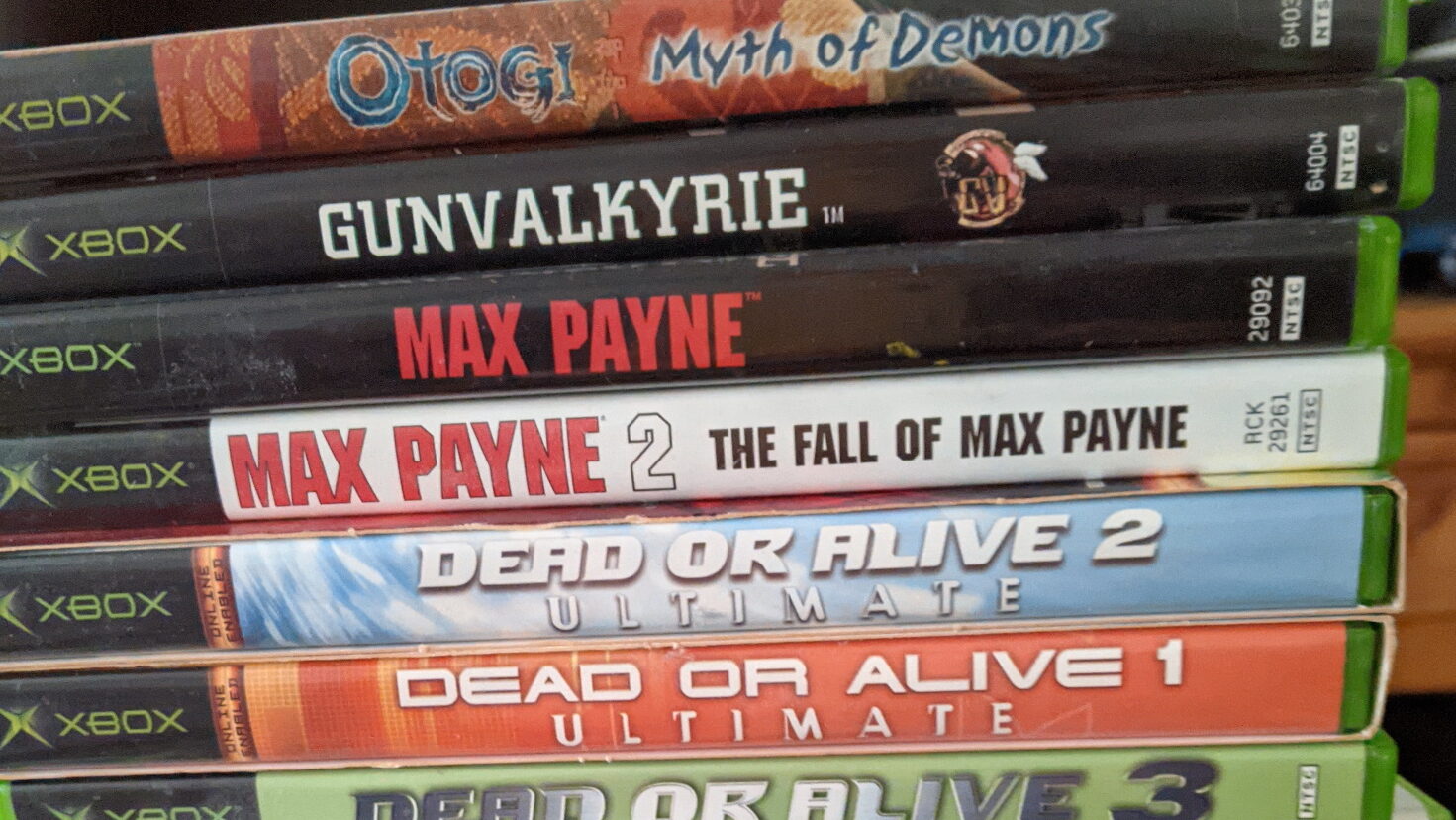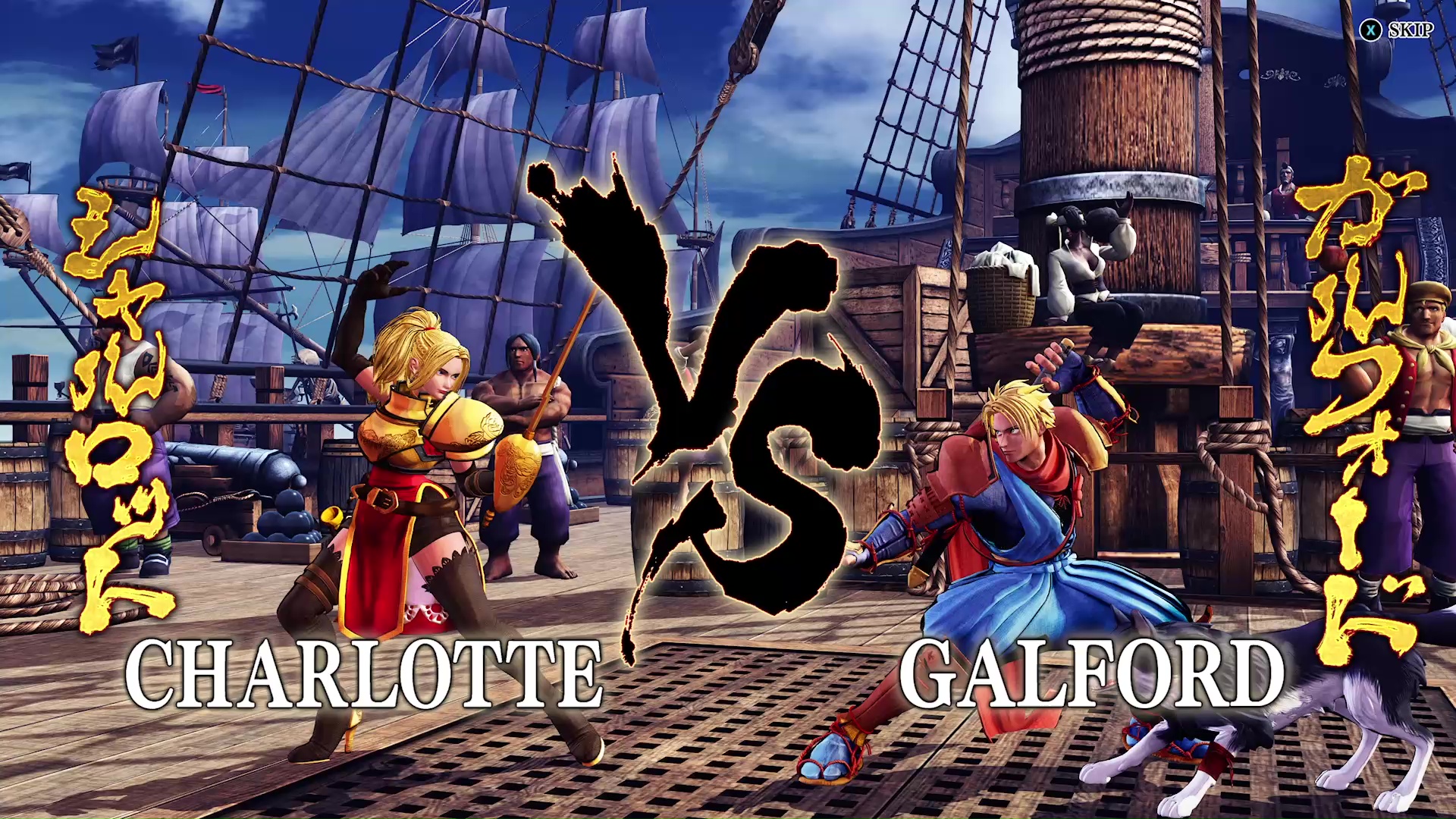Share
Back in Time on the Back of a Jeep
Marty McFly, time-traveling teenager and life-vest fashionista, is first introduced in the 1985 sci-fi film Back to the Future with skateboard in tow. After speaking with an absent Doc on the phone, Marty, being deafened by his idiot attempt at amplifying his guitar, hears all the clocks in Doc’s home go off simultaneously 25 minutes late. Marty soon puts two and two together and realizes he’s actually late for school. Against the soundtrack of Huey Lewis and the News’ “The Power of Love”, Marty hops on his skateboard, hitching himself onto the back of a pick-up truck then a Jeep to get to school faster. Although his tardiness is not overlooked by Principal Strickland, the way Marty travels to school is of note in popular culture. The term “skitchin” is a portmanteau of skateboarding and hitching, where the rider, much like a flea, grabs on to the back of a moving vehicle and hitches a ride to their destination. After all, what would piss middle-class drivers off more than a skateboarding punk muddling up the back of their freshly waxed mid-life crisis mobile with their grubby hands?
Maybe a racing video game whose main drive was exactly in the spirit of McFly, to have players rollerblade across popular cities, using the back of cars, vans, and police vehicles as their getaway?
EA SPORTS: IT’S IN THE GAME!
During the 1980s, Electronic Arts, now villains akin to their own Star Wars level of evil in the video game industry, was nothing more than a collective of software artists working to create games for early home computer systems. In 1987, cashing in on the DIY, rebel fad of skateboarding, these same artists developed a game called Skate or Die, which would actually be EA’s first internal release. As the 1990s progressed, so did EA’s love of releasing sports games, as the company was the first to monetize on their now flawless model of yearly serialization of releases with little to no improvement from one to the next. Do you actually know how flawless NHL 2020 is? Yeah. Flawless.
Anyways, sometime in 1994, EA added Skitchin’ to their list of releases for the Sega Genesis console, way before any of these capitalist shenanigans.
Skatin’, Hitchin’, Bitchin’, Skitchin’
EA was heavily inspired and reused many assists from their popular Road Rage series while making Skitchin’. Essentially, Skitchin’ is a racing game, not unlike Road Rage, that pins players against other inline skaters across 12 different cities, duking it out to the finish line first. Players must utilize all types of vehicles, from vans to Jeeps, motorcycles, and police cars to propel their character faster and further along each course. If another player in the race “skitches” on the same vehicle, the player has the ability to punch, kick, whip, bat, and nunchuck opponents off with numerous weapons found all over the stage. In addition, the player must avoid many obstacles throughout the track, from oil spills and construction sites, and utilize ramps to pull off tricks for extra money. If the player lands a trick successfully, they are a judge and scored accordingly.

The player starts the game with $100, which may be used for hospital bills if they get seriously hurt on the track, or to replace worn equipment, like wheels and wrist guards. In order to qualify in a race, the player must place at least fifth. Place any lower, and players must replay the level without any additional money, but with the same amount of risks and wear and tear on their equipment. Players earn money in each stage by skitchin’ across many different vehicles, receiving limited damage, knocking out other racers, or performing tricks, all while racing to first in line.
Skitchin’ the USA
Skitchin’ is another 1990’s game that perfectly glorifies the era it was made in. Songs like “Spicy Placenta”, “Eat My Junk”, “Jerky Curtains”, and “Let’s Plow” are aptly titled, subscribing to the decade’s crass, although a little too much on the nose in terms of being actual songs. The result is a soundtrack that is sludgy but without any of the homage. Honestly, the way that this game sounds, from its music to sound effects, is its greatest criticism, and thusly has not aged for the better. However, it is a nice perk that the player can access the soundtrack via the main menu and listen to any of the game’s songs through a CD interface.

The game looks good, and by good, I mean the fluidity in animation for the skater sprites is redeeming. The colors are not overly infused with the neon “grace” of the 90s but compliment both the city the player is racing in as well as the vehicles driving on the road. The backs of vehicles, however, look like they were created in an ancient MS Paint document and pasted onto the fast-moving screen. The flatness in the backs of vehicles makes the textures a little hard to grasp, pun intended. So much detail is placed in the actual inline skater figures that the background graphics do not evolve beyond a Pole Position like detail. By 1994, with only a year left till the North American release of the Sony Playstation, Skitchin’ sounds, plays, and looks too much like the 1990 Road Rage without any allegiance to innovation or consideration to a new age dawning in gaming.
As the player progresses, the levels themselves get a bit more difficult, with spikes in frequency of hazardous objects to spill on and more and more police presence to hinder the game. Other racers become infuriatingly ruthless, as their swings and attempts to knock you off the back of a vehicle soon become impossible to both avoid and survive. Often times, the player will fall off the back of a car, only to get hit over and over again by passing vehicles, as rank, health, and equipment levels continue to drop. Losing grip on a vehicle can happen from being hit by other players, as well as sudden lane switches and turns that a vehicle may take. This is quite hysterical to watch CPUs like “Fester” and “Jackal” fall victim to, but when the player’s standing is on the line, it’s enough to want to enter the video game and take out the CPU yourself.

In terms of controls, the game is quite responsive for its age but slightly slow in switching position and skater direction. This leads to many unintended spills in the road at no fault to the player. Luckily, after the successful completion of a course, the player is granted a password to enter to continue progressing. Skitchin’ requires the player to be strategic with their gains in order to replace worn equipment and leaves limited room for error on these purchases and performance during a race on both player’s and the game’s part. The game ends when the player runs out of money, their equipment fails from not being replaced, or is arrested by the cops.
On the Backs of Others
Overall, Skitchin’ is a great tonal example of what 90’s entertainment entailed; resisting arrest, pissing off innocent parts of the population, and counting bruises and scabs along the byways of cities like New York and San Francisco; think Beavis and Butthead Do America. It is also a reminder of how much the video game industry was still in its infancy; how a huge modern-day conglomerate like Electronic Arts set up shop in sports gaming and has since monopolized the entire genre for their own bidding, gain, and control…
…just like a bunch of inline skaters getting ahead on the backs of others.




